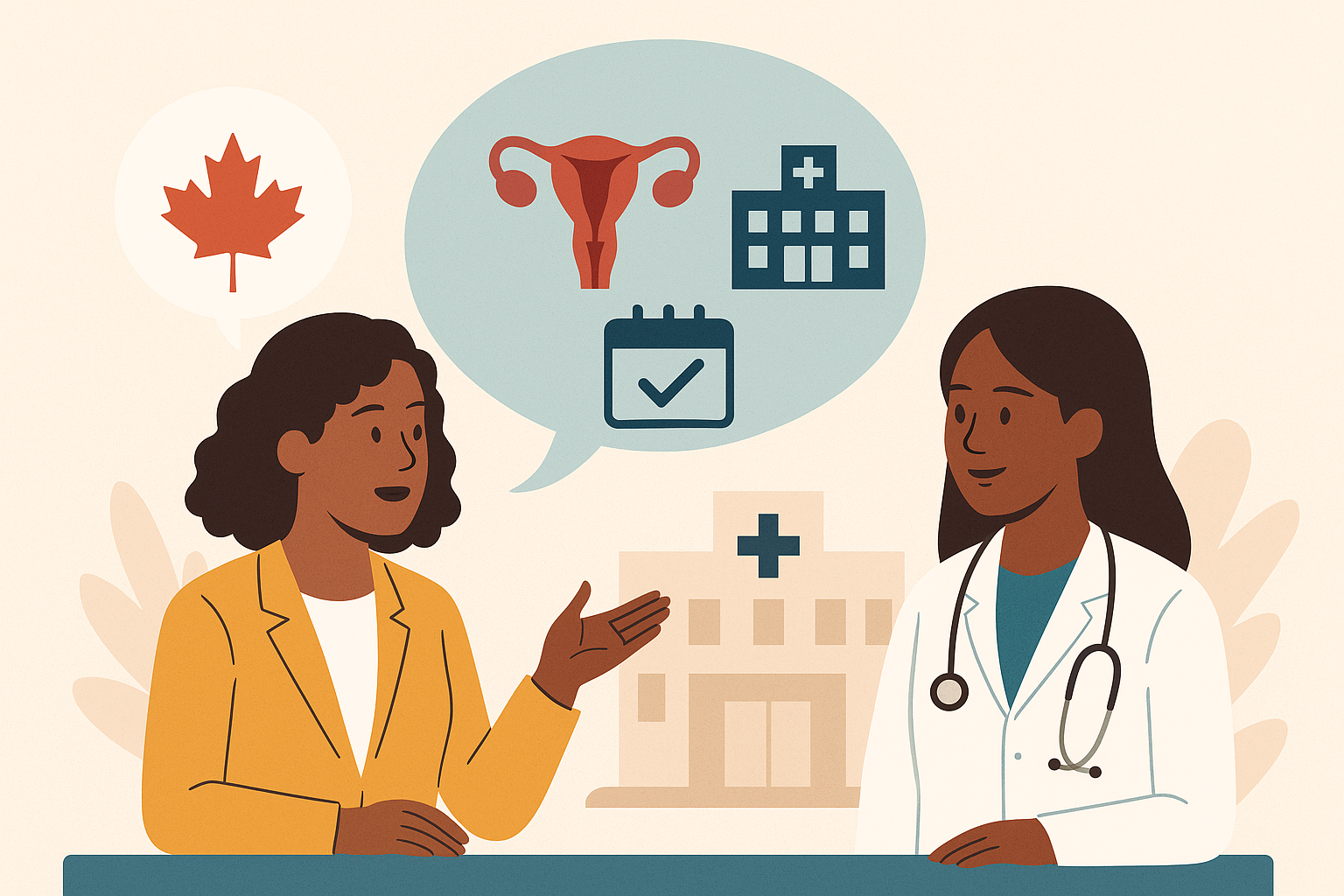Medical Leaves & EI Benefits: What Canadian Employers Must Offer for Reproductive Health







By: Nicki Reid, Bilingual BA
What is Reproductive Health?
According to the Government of Canada, sexual and reproductive health is defined using the World Health Organization’s (WHO) definition: "sexual health is an integral part of overall health, well-being and quality of life. It is a state of physical, emotional, mental and social well-being in relation to sexuality, and not merely the absence of disease, dysfunction or infirmity." Some of the services that are included are: family planning, contraception, fertility care and abortion care; prenatal and postnatal care, and more. Now that there is an understanding of what reproductive health is, let’s examine the various benefits and leaves offered.
EI Benefits for Reproductive Health
EI stands for Employment Insurance and is a program that is offered by the government of Canada; note, if you reside in Quebec, visit Quebec Parental Insurance Plan’s website. EI provides financial support to people who need to take time off of work because they're pregnant, have recently given birth and need to take care of their newborn or newly adopted child. When it comes to reproductive health, there are two main benefits: maternity benefits and parental benefits.
For maternity benefits, it's worthwhile to note that this is only accessible to the person who needs to take time off work because they're pregnant or have recently given birth. Therefore this benefit cannot be shared amongst the parents. However, if you qualify to receive the maternity benefit, you may also apply for parental benefits.
One of the requirements for the parental benefits is that you must be the parent of a newborn or newly adopted child. There are two options: the first being the standard parental benefit and the second is the extended parental benefit. The standard parental benefit consists of 52 weeks or 12 months while the extended parental benefit consists of 78 weeks or 18 months. It’s important that you’re sure of which option you want because once the payment is issued to either you or the other parent, you can’t switch between the standard and extended parental benefit options. If you choose the standard parental benefit, you may get 55% of your earnings, up to a maximum of $695 a week. While with the extended parental benefit, you may collect 33% of your earnings, up to a weekly maximum of $417 per week. Furthermore, discuss with your partner if you’ll be sharing the parental benefits so you can coordinate whether you’ll get the benefits at the same time or one after another.
Medical Leave for Reproductive Health
Concerning medical leave, in the event that health complications arise during your pregnancy like your child experiences health problems, you have a miscarriage or stillbirth, etc.; you may be eligible for EI maternity and parental benefits under special circumstances. For instance, you may be entitled to EI sickness benefits if during your pregnancy, you experience sickness that prevents you from working or if your doctor puts you on bed rest. Visit here for more information.
Further Financial Support
Besides the financial support from EI, some employers will pay you additional funds or issue a top up so that the payments you attain while on leave bring your income closer to your regular salary. These extra payments are added to your EI weekly benefits, and the combined amount cannot exceed your normal weekly earnings from employment. Consult your employer to confirm if this is something they provide their employees.
Job Protection, Potential Issues and Related Resources
While you are on leave, your job is protected and once you return to work, your employer must give you your old job back with no pay reduction. If during your time on leave, there was a pay increase, your employer is required to pay you the new rate. If your job position was made redundant and is no longer in existence, your employer must give you a similar job with no cut in pay. If for whatever reason, you experience any difficulties such as your employer interfering with your leave by refusing to let you take leave, or won’t give your job back; consult with your union and / or legal representative (whichever is applicable). Additionally, you can contact the Employment Standards Information Centre at 1-800-531-5551 or file a human rights complaint by visiting here. You can only file a complaint with one of the aforementioned parties, you cannot file a complaint with both. If you are unsure which route to take, seeking legal advice can help clarify which option is best. Another resource that may be informative is the website, your rights at work.
Remember, you’ll need to provide your employer with notice at least 2 weeks before you want your leave to start. Visit the following to learn more about the EI application process, your eligibility, how to apply, when you can expect your payments, and more. If you have any questions or require further assistance, use the contact information here.
As always, stay informed, be empowered, take deep care, and be well mama.
Nicki Reid, Bilingual BA
Certified Transformational Health and Life Coach | Certified Yoga and Meditation Teacher | Certified Emotional Emancipation Facilitator | Certified Reiki Practitioner | Founder, Wholesome Mind Health Coaching